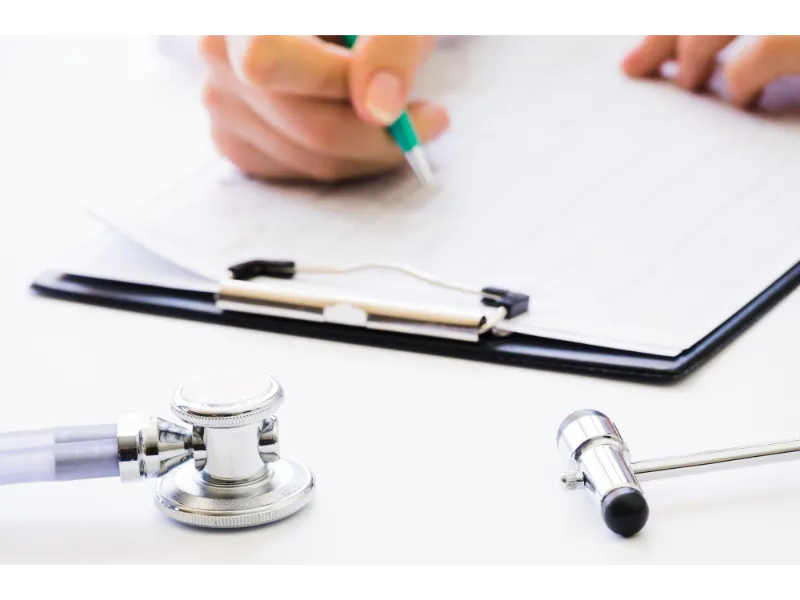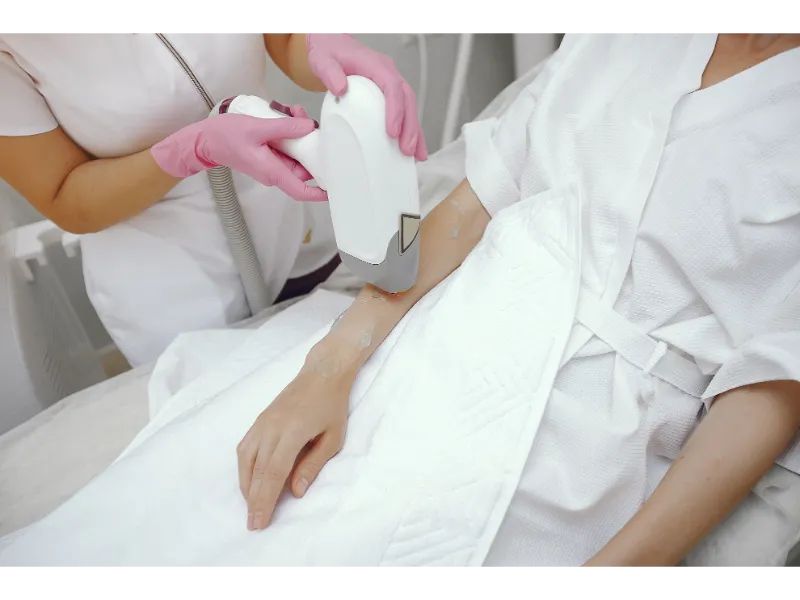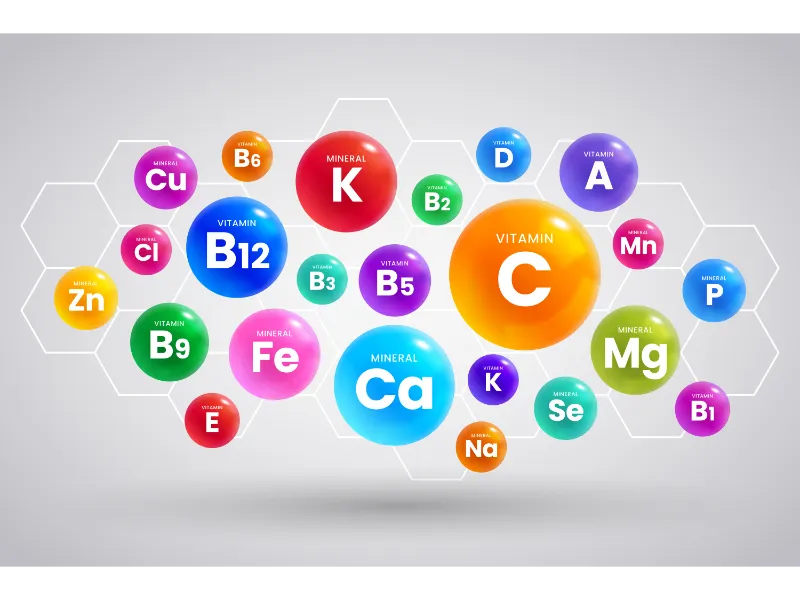A New Approach to Weight Loss: Gastric Sleeve Resection
A New Approach to Weight Loss: Gastric Sleeve Resection
The gastric sleeve resection is a relatively new procedure in weight loss surgery. The irreversible surgery, which can be done laparoscopically, reduces the stomach by two-thirds and forms a tube-shaped organ. It is the first part of the two-part duodenal switch operation that is done for morbidly obese patients (those with a body mass index of up to 60). This procedure gives overweight patients the opportunity to get down to a healthier weight, at which point a gastric bypass can be performed.
The outstanding features of the gastric sleeve resection are:
- The stomach tube may stretch over time, which may cause the patient to regain weight.
- Nutrients are not malapsorbed.
- Patients typically lose about 40-60% of their excess weight in the first 1-2 years following the procedure.
- If weight is regained, patients can opt to have the second stage of the procedure – either the gastric bypass or the duodenal switch.
Patients who are at high-risk for cardiopulmonary complications often select the gastric sleeve resection operation as a first step in their bariatric procedure. However, many people who have the resection do not need to continue to the second phase procedure.
Following the gastric sleeve resection, patients will need to follow a strict diet and commit themselves to a number of healthy eating habits, such as:
- Eat small quantities of food. Since the stomach capacity has been drastically reduced, food intake has to be limited, too.
- Chew food thoroughly, and only swallow food that is completely mashed.
- Do not eat and drink at the same time. The smaller stomach can’t handle intake of liquids and food simultaneously. Patients are instructed to drink beverages either before or between meals.
- After eating, do not lie down or rest. Acid reflux is more likely when people are in a horizontal position.
- Eat several small meals each day. This allows patients to enjoy a wider variety of foods, and avoid hunger pangs.
- Avoid high-calorie beverages, such as milkshakes, soft drinks, and hot chocolate. Acceptable drinks include tea or coffee, fruit or vegetable juice that has been diluted, mineral water, and low-fat buttermilk.
During the hospital stay, weight loss surgery patients typically abide by the following dietary recommendations:
- Only small sips of tea are allowed on the day of the surgery. The body’s need for additional liquid is met through infusions.
- Following the operation, patients are permitted to have an unlimited amount of tea, along with soup for lunch and dinner.
- On the second day, breakfast may consist of tea or coffee, and a slice of bread with butter or jam. The lunch menu includes small portions of mashed potatoes, mashed vegetables, and mashed meat. Between-meal snacks may include yogurt or pureed fruit. Dinner is generally some type of porridge, applesauce, or a sandwich. Beverages may include tea, coffee, diluted fruit juice, or mineral water.
- On the third day, solid food may be permitted as long as the patient has responded well to the initial diet menu. Solid foods to choose from include fish, potatoes, vegetables, and chopped meat.
The healing process will go more smoothly when patients are willing to follow this important diet advice. Another important post-operative requirement is that patients do not lift heavy objects for up to two weeks following your procedure. In addition, do not take aspirin or any other non-steroid anti-rheumatic drugs, as they can irritate the stomach.
As with any type of surgery, there are various
As with any type of surgery, there are various complications and risks associated with gastric sleeve resection, such as pneumonia, bleeding, or infections. Patients who are morbidly obese run a higher risk of developing post-operative complications. And some people will regain weight over a period of time, if they have ignored the advice about eating snacks and high-calorie foods
To ensure that your gastric sleeve resection is most effective, it is essential that patients make drastic lifestyle changes. It will be necessary to eat several small meals daily, with no snacking, and stay away from high-calorie drinks.
Medical risks that can emerge following a gastric sleeve resection include:
- Irritation and swelling in the stomach, due to vomiting or anti-inflammatory drug use
- Infection around the wound
- Excessive blood loss after surgery
- BARIATRIC ARTICLES & INFO
Life after Weight Loss Surgery
For those that are overweight and have battled countless hours, days, months, and even years of exhausting weight loss efforts, bariatric surgery has become the last…
About Gastric Sleeve
Gastric sleeve surgery is one of the newest innovations in bariatric surgery. The most important thing to know about gastric sleeve surgery is it is typically used for…
Restorative Obesity Surgery
After gastric bypass surgery, about 17% of patients will begin to gain the weight back within five years. This is mostly due to…








